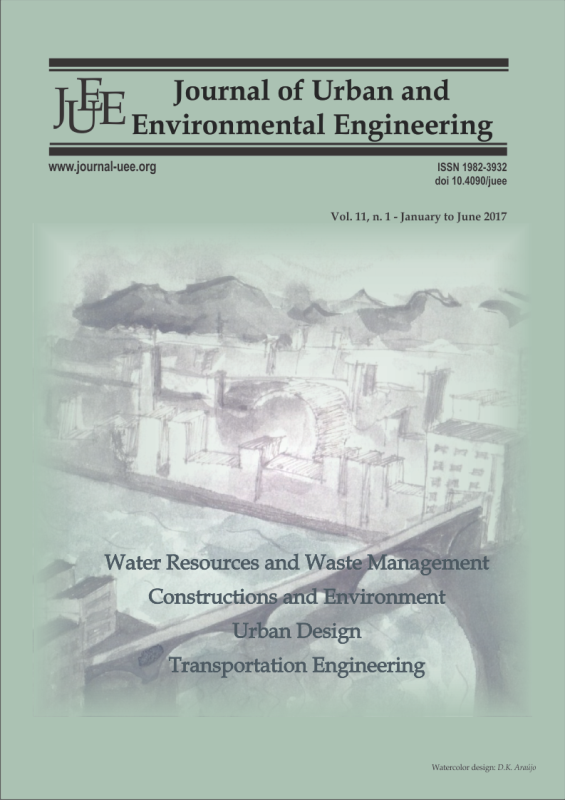AGRO-INDUSTRIAL WASTE SUSTAINABLE MANAGEMENT – A POTENTIAL SOURCE OF ECONOMIC BENEFITS TO PALM OIL MILLS IN MALAYSIA
DOI:
https://doi.org/10.4090/juee.2017.v11n1.108-118Keywords:
Palm oil, waste, bioenergy, sustainability, economic benefitsAbstract
Over the decades the palm oil industry has managed some challenging environmental concerns regarding land transformation and degradation, increase in eutrophication, changing habitats of wildlife, pesticides runoff into inland watercourses, and probable climate change. Countries producing palm oil desire to do so in a more sustainable way that will leave the environment evergreen. Therefore this paper aims to encourage sustainable management of agro-industrial waste and its potential in making financial returns from the same waste. Hence, the study was conducted with the participation of seven local palm oil mills having different capacities and operation age. Attention was given to milling waste as they could cause serious environmental menace if unattended to properly. Milling waste includes lignocellulosic palm biomass namely the empty fruit bunches (EFB), oil palm shell (OPS), mesocarp fibres, palm oil mill effluent (POME), and palm oil mill sludge (POMS), as well as solid waste generated from the further processing of these biomass into the palm oil fuel ashes (POFA) and palm oil clinkers (POC). The opportunities available to the Malaysian palm oil industry and the financial benefits which may accrue from waste generated during palm oil production process cannot be over emphasized.Downloads
Download data is not yet available.
Downloads
Published
2017-05-28
Issue
Section
Articles




